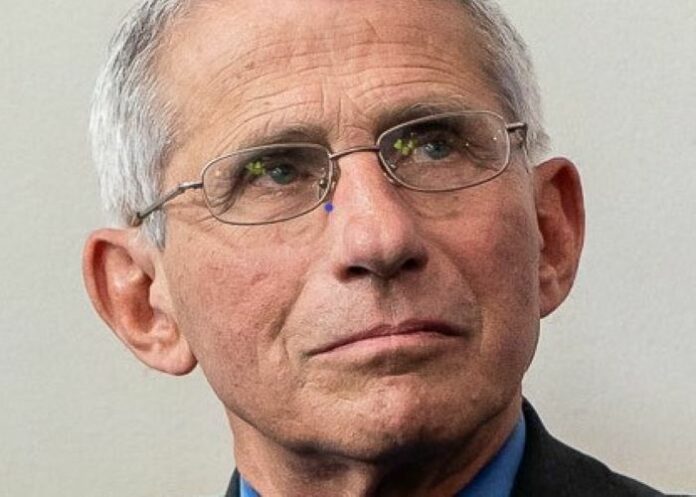December will see the end of an era in America, when Dr Anthony Fauci (81), after 50 years of government service, steps down from his positions as director of the US National Institute of Allergy and Infectious Diseases (NIAID), as President Joe Biden's chief medical adviser, and as chief of the NIAID Laboratory of Immunoregulation.
Fauci, the face of the COVID-19 pandemic, has been at the helm of NIAID for nearly four decades and has served under seven Presidents, beginning with Ronald Reagan, reports MedPage Today.
He insists, however, that he is not retiring.
“After more than 50 years of government service, I plan to pursue the next phase of my career while I still have so much energy and passion for my field. I want to use what I have learned as NIAID director to continue to advance science and public health and to inspire and mentor the next generation of scientific leaders as they help prepare the world to face future infectious disease threats.”
He told The New York Times he would fill his time with travelling, writing and encouraging young people to pursue government careers.
In a statement, Biden thanked Fauci for his service and called him a “dedicated public servant”, noting that in addition to COVID-19, they had previously worked closely together on the US response to Zika and Ebola.
Fauci joined the NIH in 1968 and became NIAID director in 1984, during a critical time in the country’s Aids epidemic. He was awarded the Presidential Medal of Freedom in 2008 under President George W Bush.
He became the face of the US COVID-19 response, trusted by the scientific community for information about the virus, particularly in the early days when information was frequently obfuscated by the Trump administration. At the same time, his role turned him into a political lightning rod, with attacks and threats that required a substantial security detail.
The COVID-19 pandemic was not his only brush with controversy. During the Aids epidemic in the 1980s and early 1990s, critics felt the NIH and government researchers were moving too slowly.
Fauci tried to be a bridge between the activist and research communities, and according to a National Geographic documentary on Fauci last year, the relationship peaked at the International Aids Conference in June 1990 in San Francisco, when conference organisers allowed activists to speak directly to researchers.
Fauci delivered a speech that bridged the two worlds and received a standing ovation from the entire audience at the end. “That speech changed everything,” he said. “We were able to redesign clinical trials for people with HIV, with black, brown, and pregnant women included.”
He also told The New York Times that among his proudest accomplishments was his work on the President's Emergency Plan for Aids Relief (PEPFAR), which was developed during the George W Bush administration.
But his public health career almost never happened, according to the documentary. When he was called into the Public Health Service during the Vietnam War, he planned to do his time then “go back to New York and be the chief resident at a New York hospital” because it was, at the time, “your ticket to a private practice on Park Avenue”. Yet the more he learned about himself, the more he realised that public service was indeed his calling – and there may not have been a more consequential career decision in the history of public health.
Fauci, who will turn 82 on 24 December, said in the National Geographic documentary that he looks at the two most devastating health crises in the past 100 years – HIV/Aids and the COVID-19 pandemic – as “sort of like bookends on my career and my life”.
“It has been the honour of a lifetime to have led the NIAID for so many years and through so many scientific and public health challenges,” he said. “I am very proud of our many accomplishments. I have worked with, and learned from, countless talented and dedicated people in my own laboratory, at NIAID, at NIH and beyond.”
MedPage Today article – Fauci Stepping Down After Half-Century in Public Service (Open access)
See more from MedicalBrief archives:
Fauci says monkeypox spread ‘very reminiscent’ of early days of HIV
Fauci’s dangerous game: Distorting the truth to achieve laudable goals
Abdool Karim and Fauci share the 2020 John Maddox Prize
Trump trashes Fauci as a ‘disaster’
Fauci: ‘Pinned between Donald Trump and the American people’
Study to look at new ARV tx for HCV

